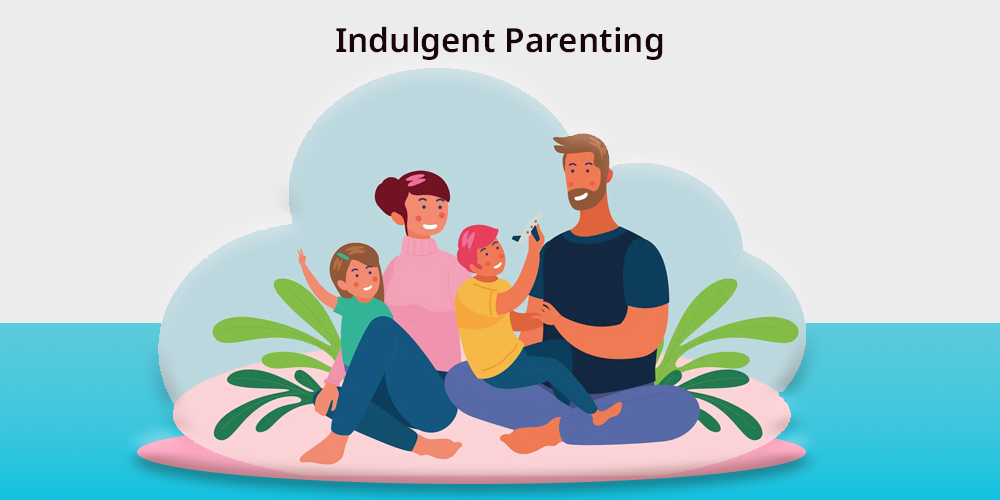
A child’s development undergoes significant transformative changes because of their parental approach which shapes their emotional development along with their social skills and cognitive abilities.
The parenting approach known as indulgent stands apart as it focuses on administering warmth together with responsive behavior and providing lenient practices to children.
Parents who practice this nurturing and loosely enforcing parenting style fall under the permissive category. The emphasis on emotion and creativity through indulgent parenting creates challenges concerning self-discipline and authority management.
The following blog examines all aspects of indulgent parenting through its advantages and its disadvantages while analyzing its total impact on children.
Contents
What is Indulgent Parenting?
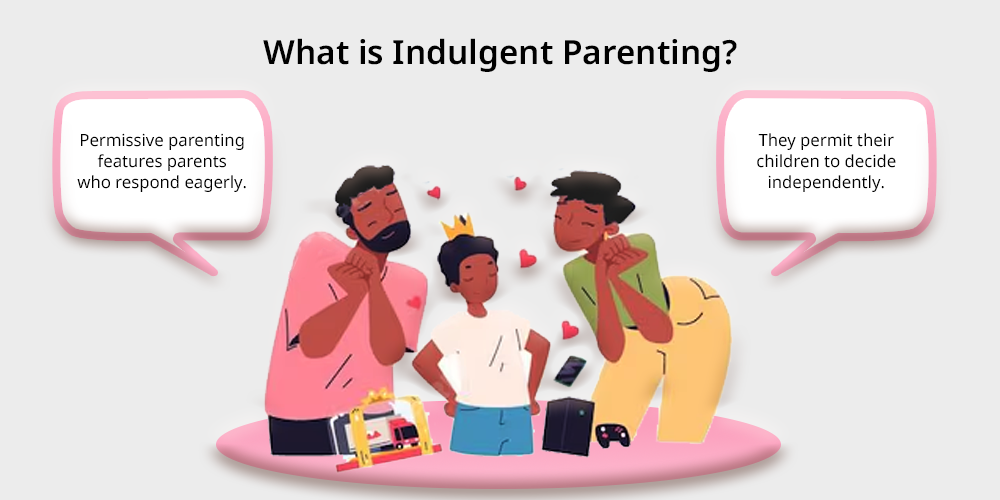
Indulgent parenting which people also call permissive parenting features parents who respond eagerly to their children yet enforce very limited rules and expectations.
Indulgent parents do not engage in confrontational approaches so they permit their children to decide independently.
Parents choose this approach because they want harmony between them and their children and wish to prevent disputes and make up for their own parental rigidity.
Children experience developmental and behavioral problems when their parents establish weak parental authority while being loving to their children.
Characteristics of Indulgent Parenting
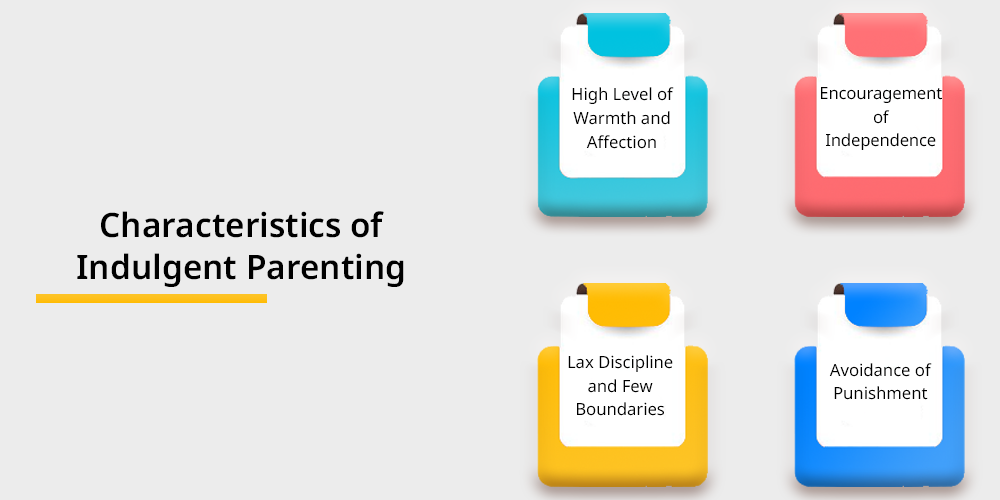
Parents who give their children everything they want are regarded as highly responsive because they show emotional support which seeks to fulfill their children’s needs.
Throughout indulgent parenting there are several primary characteristics such as:
1. High Level of Warmth and Affection
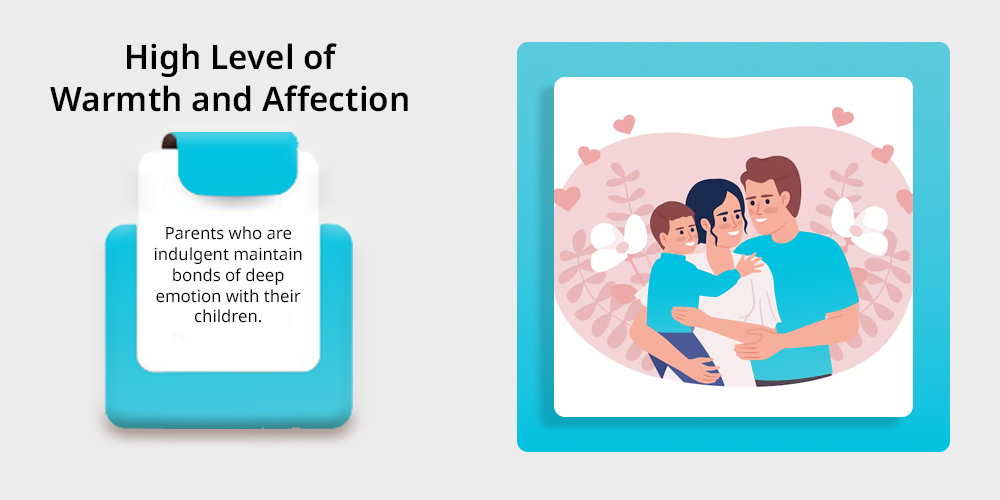
Parents who are indulgent maintain bonds of deep emotion with their children as they show love and nurturing qualities.
The emotional connections of indulgent parents to their child help them stay very aware of their feelings and they dedicate themselves to fostering a sense of love and comprehension in their children.
2. Lax Discipline and Few Boundaries
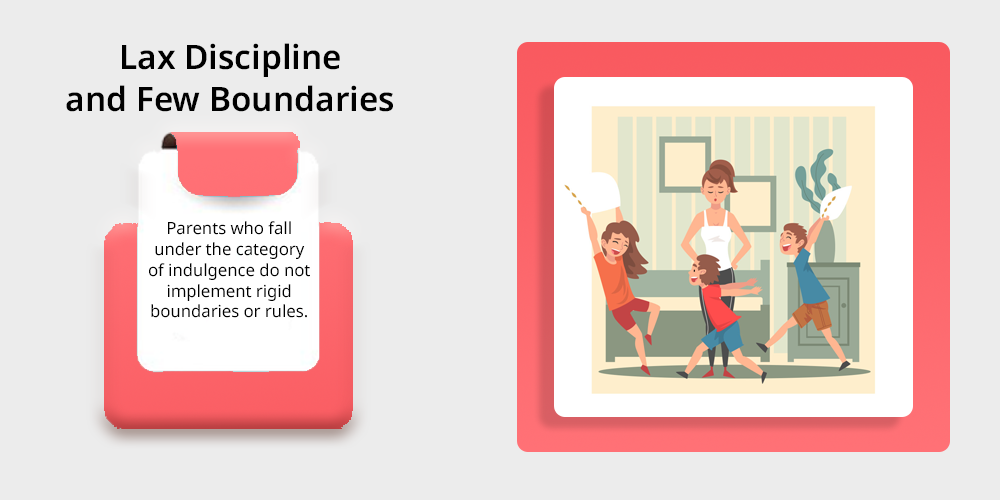
Parents who fall under the category of indulgence do not implement rigid boundaries or rules.
These parents choose peaceful relations above implementing authority because they want to prevent disputes which threaten harmony.
3. Encouragement of Independence

Indulgent parents draw few restrictions yet they allow their children to discover themselves through independent choices.
These parents prefer not to control their children while they let their children freely discover themselves.
4. Avoidance of Punishment
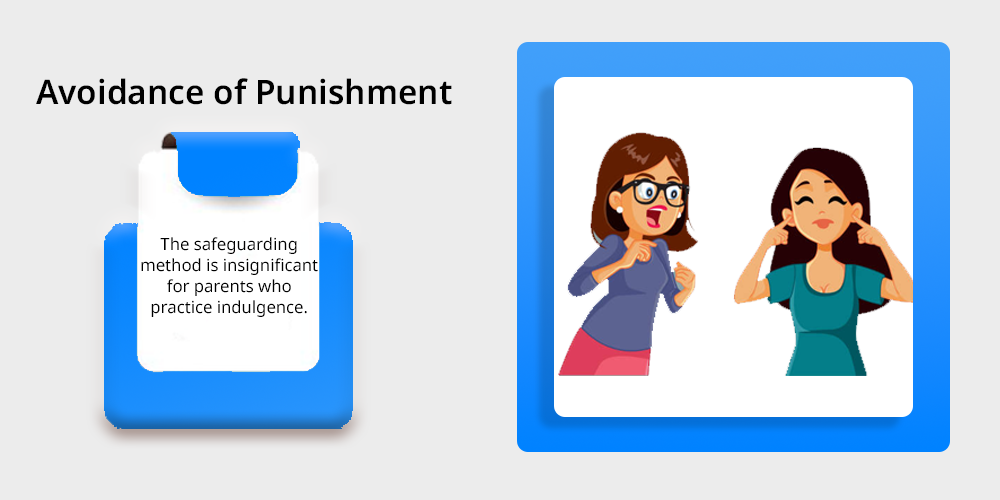
The safeguarding method is insignificant for parents who practice indulgence.
These parents exercise communication and reasoning instead of punishment to lead their children because avoiding discord and keeping positive emotions take priority for them.
Benefits of Indulgent Parenting
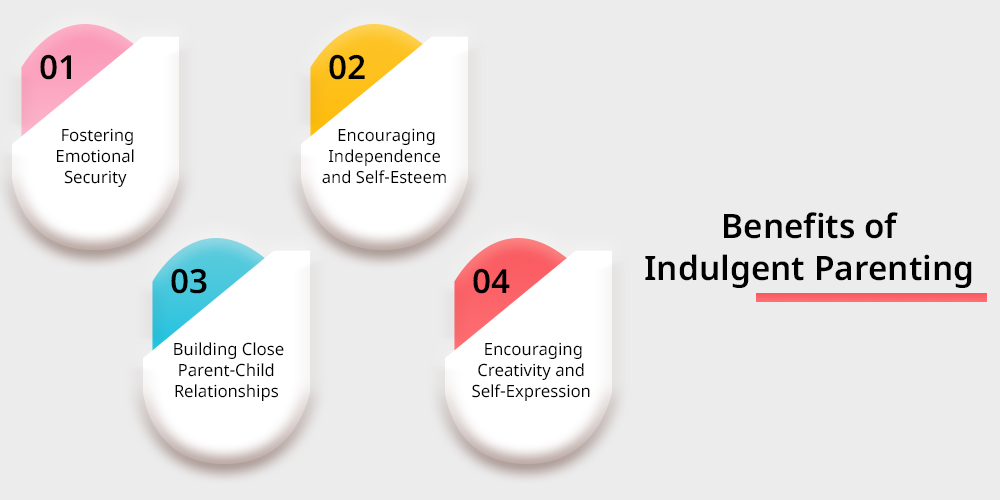
When criticized for its excessive leniency indulgent parenting brings positive outcomes that benefit emotional growth and creativity.
1. Fostering Emotional Security
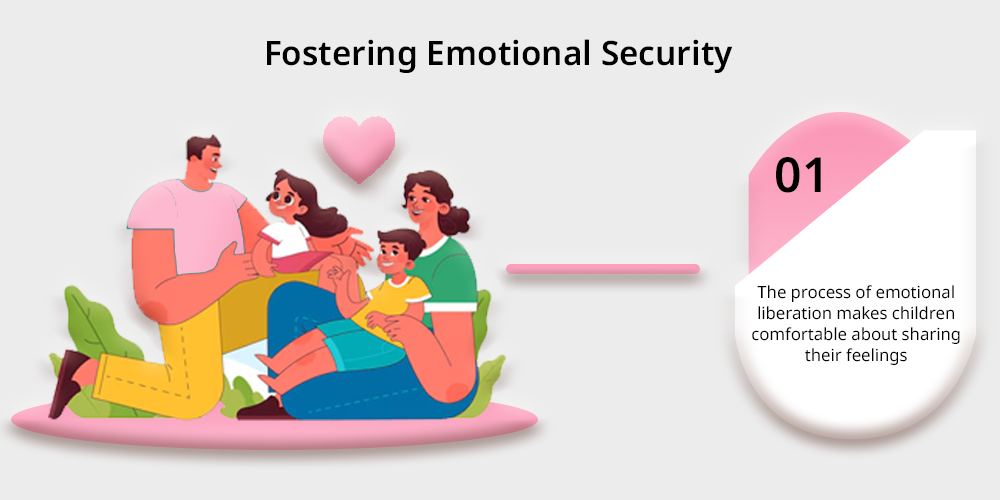
The emotional security level among children becomes high when they grow up in environments where parents offer unconditional support.
Continuous access to support and validation creates children and adolescents who develop good self-esteem coupled with emotional toughness.
The process of emotional liberation makes children comfortable about sharing their feelings which creates openhearted bonds with their parents.
2. Encouraging Independence and Self-Esteem
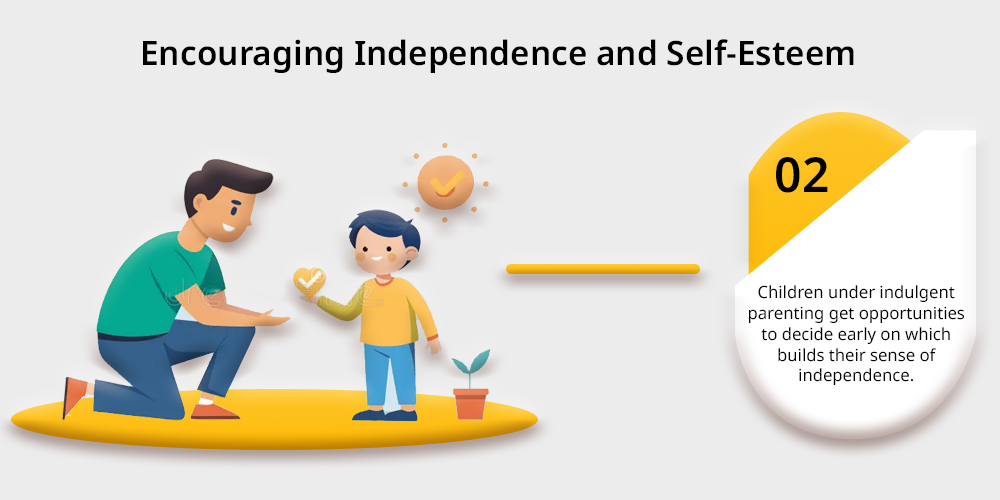
Children under indulgent parenting get opportunities to decide early on which builds their sense of independence.
When children have freedom in choosing their activities together with expressing their thoughts and managing personal restrictions this frees them to build both personal confidence and self-esteem.
Children under this parenting style develop self-perception and motivation for various situations because their parents show them respect and value.
3. Building Close Parent-Child Relationships
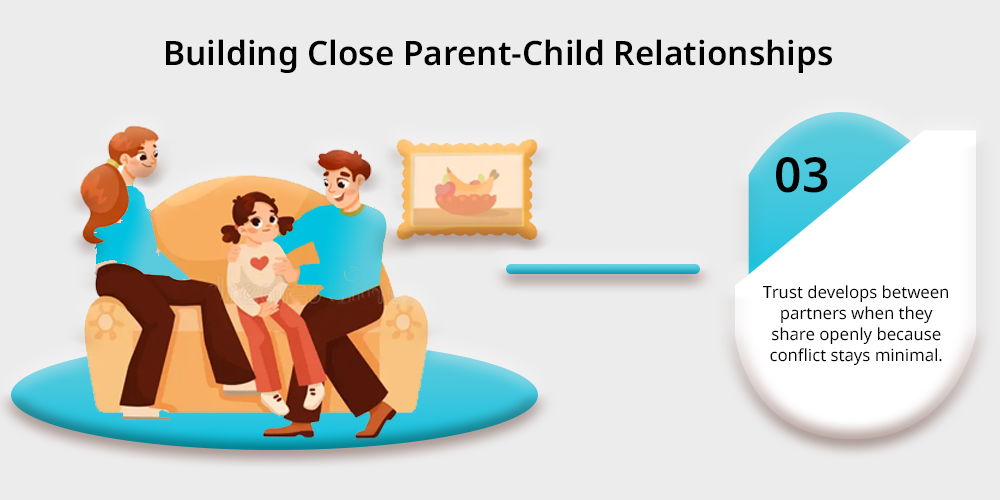
Indulgent parenting approaches act as a foundation for creating strong emotional connections between parents and their children.
Trust develops between partners when they share openly because conflict stays minimal.
The close relationship between adolescents and parents creates favorable conditions for children to share their experiences thus supporting them mentally during this life phase.
4. Encouraging Creativity and Self-Expression
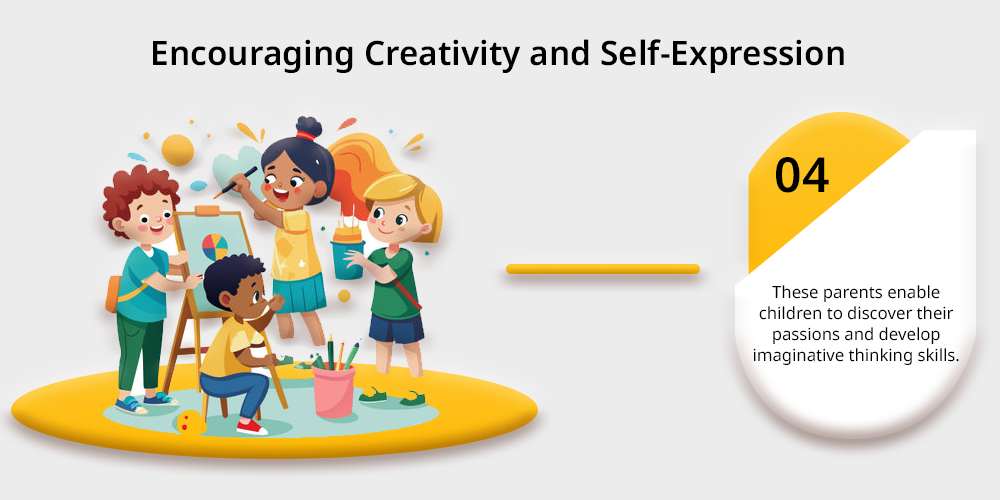
The creativity of children rises when they receive less parental control because their parents choose to grant them more freedom according to the indulgent parenting style.
These parents enable children to discover their passions and develop imaginative thinking skills together with creative abilities.
The development of innovation along with problem-solving abilities through indulgent parenting helps students excel during both higher education and future professional careers.
Drawbacks of Indulgent Parenting
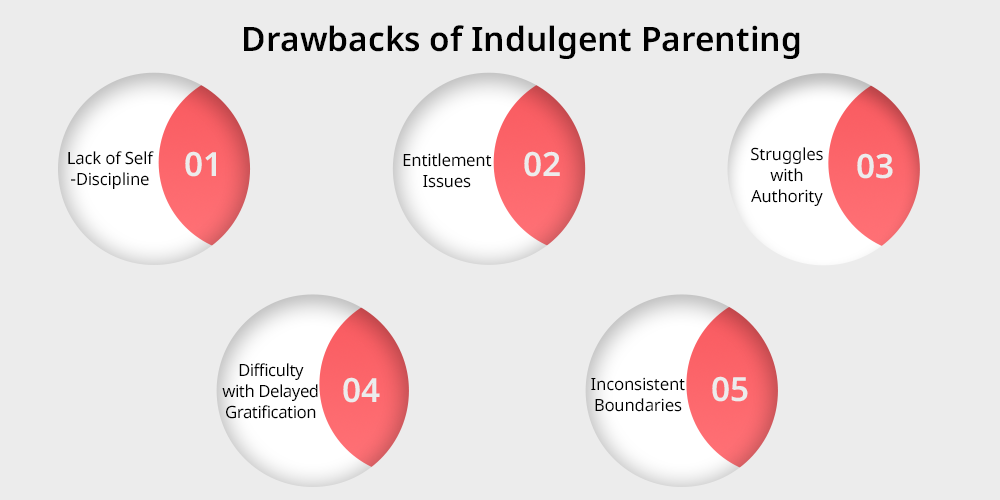
The benefits of indulgent parenting approach should be evaluated against strong drawbacks that emerge in disciplinary matters and responsibility techniques and authority structures.
1. Lack of Self-Discipline
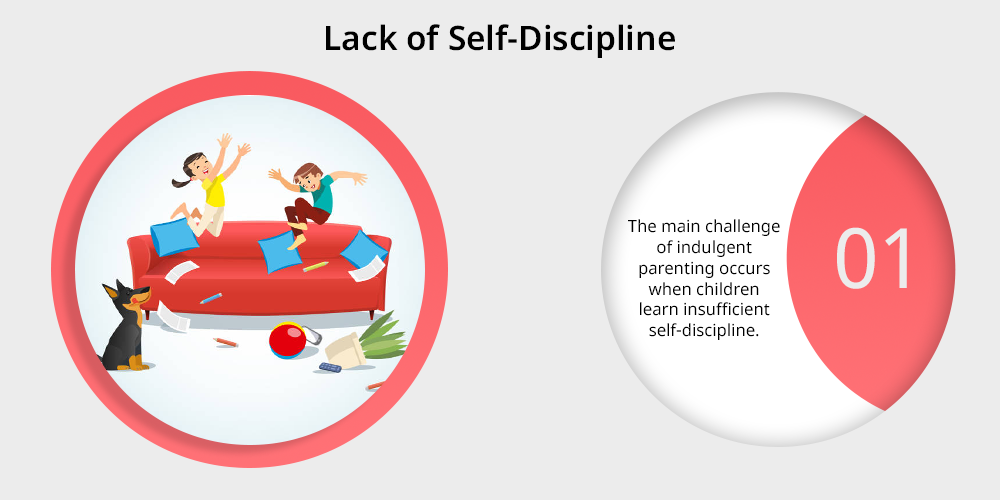
The main challenge of indulgent parenting occurs when children learn insufficient self-discipline.
When parents maintain low standards of control children face difficulties in both planning their time effectively and directing their impulses and completing their promises.
The lack of accountability from being spoiled causes various problems that surface throughout the different stages of life.
2. Entitlement Issues
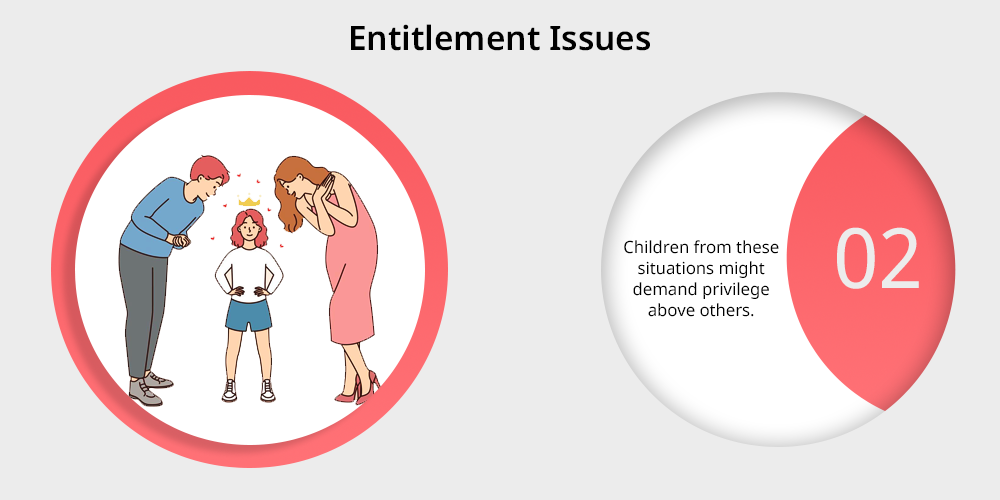
Children who never work for what they want may become entitled because proper work ethic remains unlearned from them.
Children from these situations might demand privilege above others and challenge cooperative conduct while struggling to grasp why performing quality work carries value.
Their sense of entitlement creates frustration since they encounter genuine life obstacles which need work and sacrifices.
3. Struggles with Authority
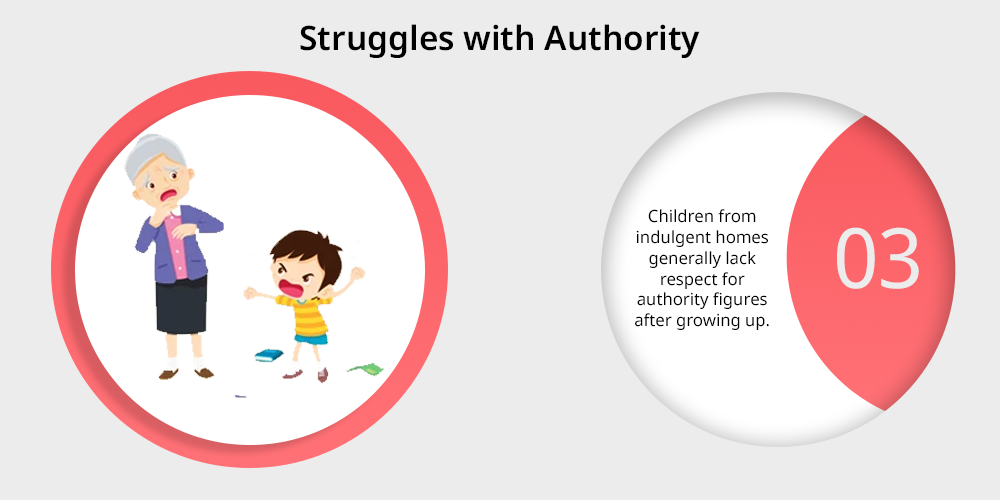
Children from indulgent homes generally lack respect for authority figures after growing up because their parents avoid rule enforcement.
Adults such as educators and employers will face difficulties controlling self-regulation in these children which creates conflicts with such children and disciplinary problems.
The children develop behaviors which cause them to fight against taking direction and encounter problems adapting to organized environments.
4. Difficulty with Delayed Gratification
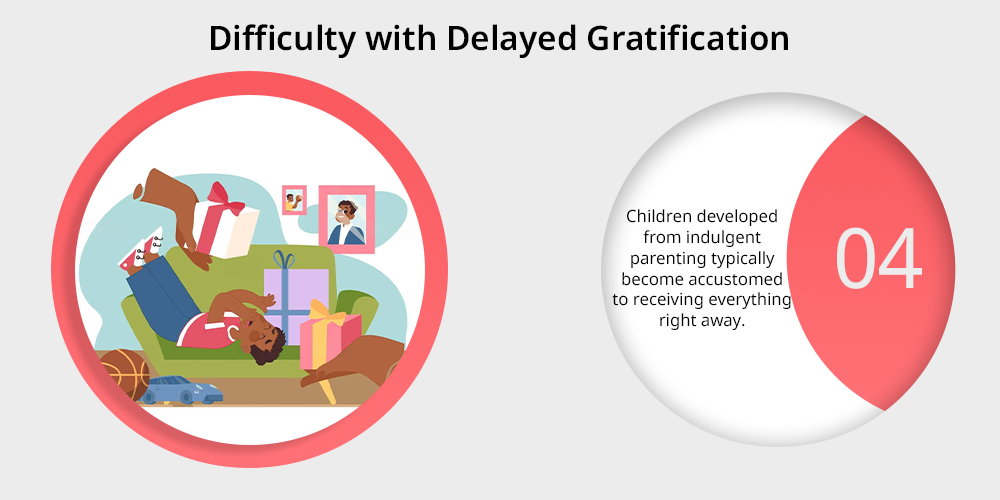
Children developed from indulgent parenting typically become accustomed to receiving everything right away.
Young people who grew up with indulgent parenting find delayed aspirations difficult because they lack patience or persistence skills which prevents them from pursuing long-term goals.
This disadvantage affects their skills both in financial planning and schoolwork and professional life progress.
5. Inconsistent Boundaries
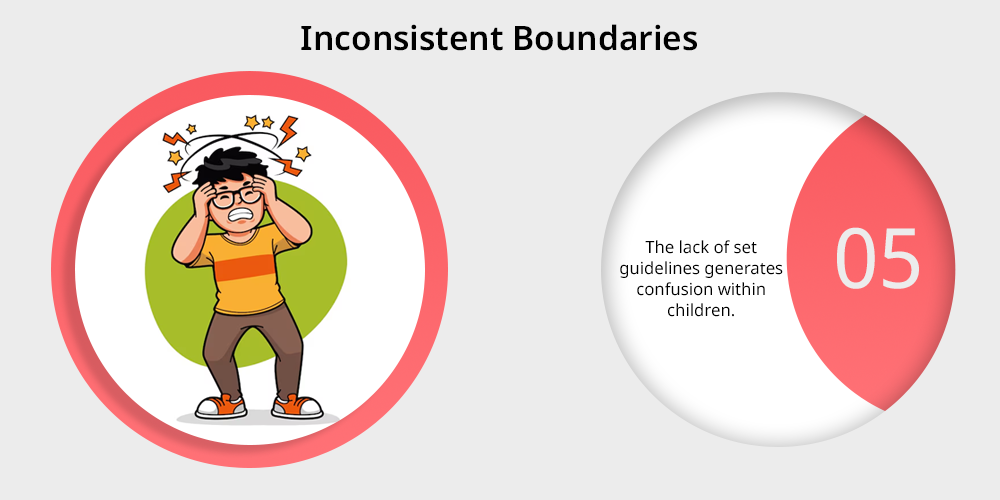
The lack of set guidelines generates confusion within children.
When children lack consistent boundaries their attempts to understand proper conduct become frustrated and they experience insecurities because they are uncertain about behavioral expectations.
Children need structure and predictability because their need for such boundaries leads to anxiety when these components are missing from their environment.
Conclusion
The indulgent parenting approach demonstrates multiple conflicting attributes within its parenting method.
Since indulgent parenting develops emotional security it grants independence and creativity yet it may cause challenges with authority and self-discipline and feelings of entitlement to occur.
You need to maintain equilibrium when using any form of parenting technique.
Indulgent parents who want to reduce negative effects from this parenting approach must combine solid boundaries with established rules and educational support in their nurturing system.
Parents achieve successful child development results when they find the balance between caring guidance and clear boundaries to educate confident and responsible people.


